The ORFG released guidance for funders called, Incentivizing the sharing of research outputs through research assessment: a funder implementation blueprint.
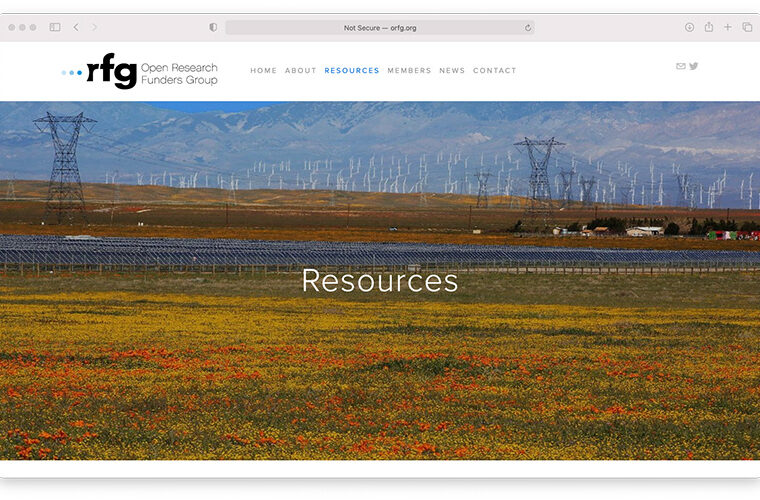

The ORFG released guidance for funders called, Incentivizing the sharing of research outputs through research assessment: a funder implementation blueprint.
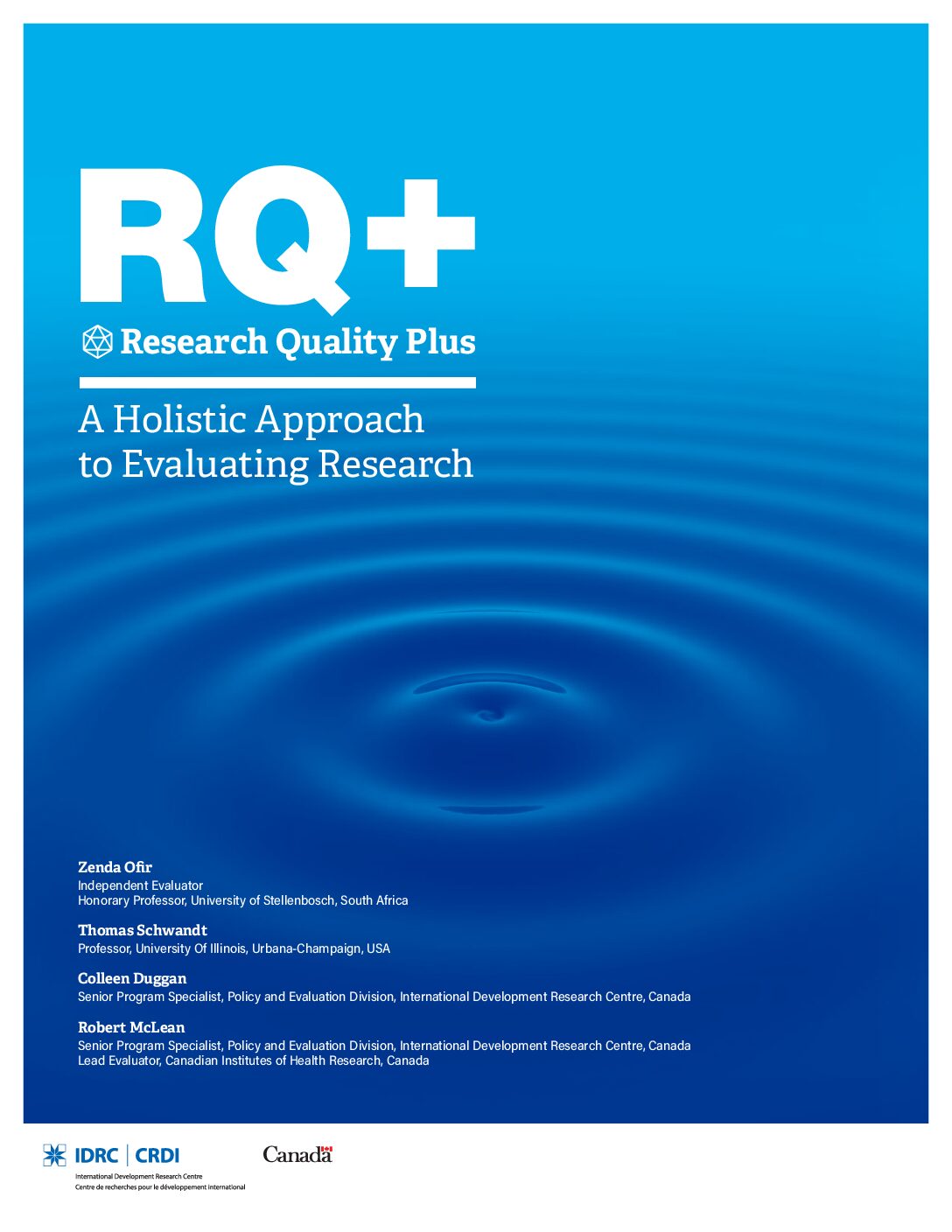
The IDRC in Canada developed a tool called Research Quality Plus (RQ+) to assess applied and translational research.
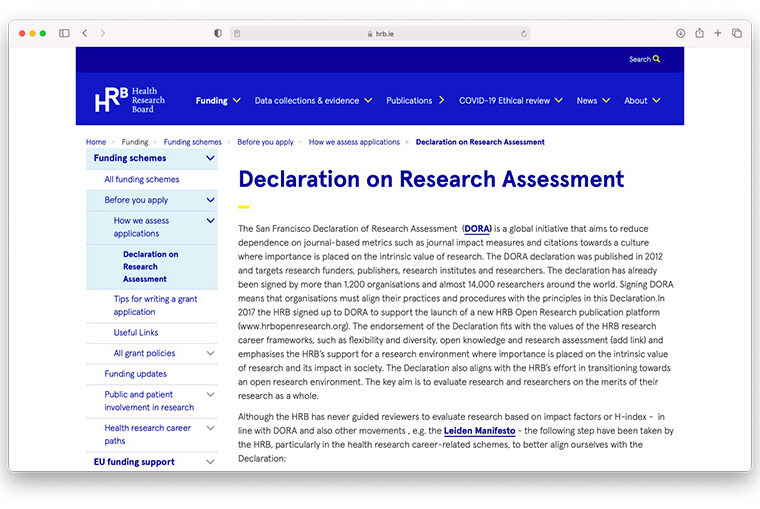
The Health Research Board (HRB) has taken several actions since 2016 to implement DORA’s principles in its grant review process.
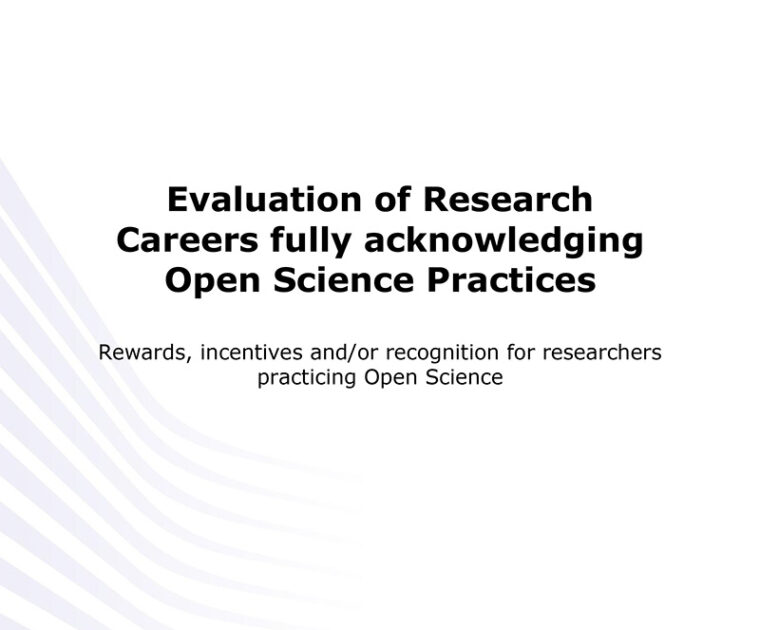
Evaluation of Research Careers fully Acknowledging Open Science Practices, a report released by the European Commission in 2017, recognizes the emerging Open Science movement creates an opportunity to develop an evaluation system for hiring and promotion that is focused on the equal treatment of applicants.
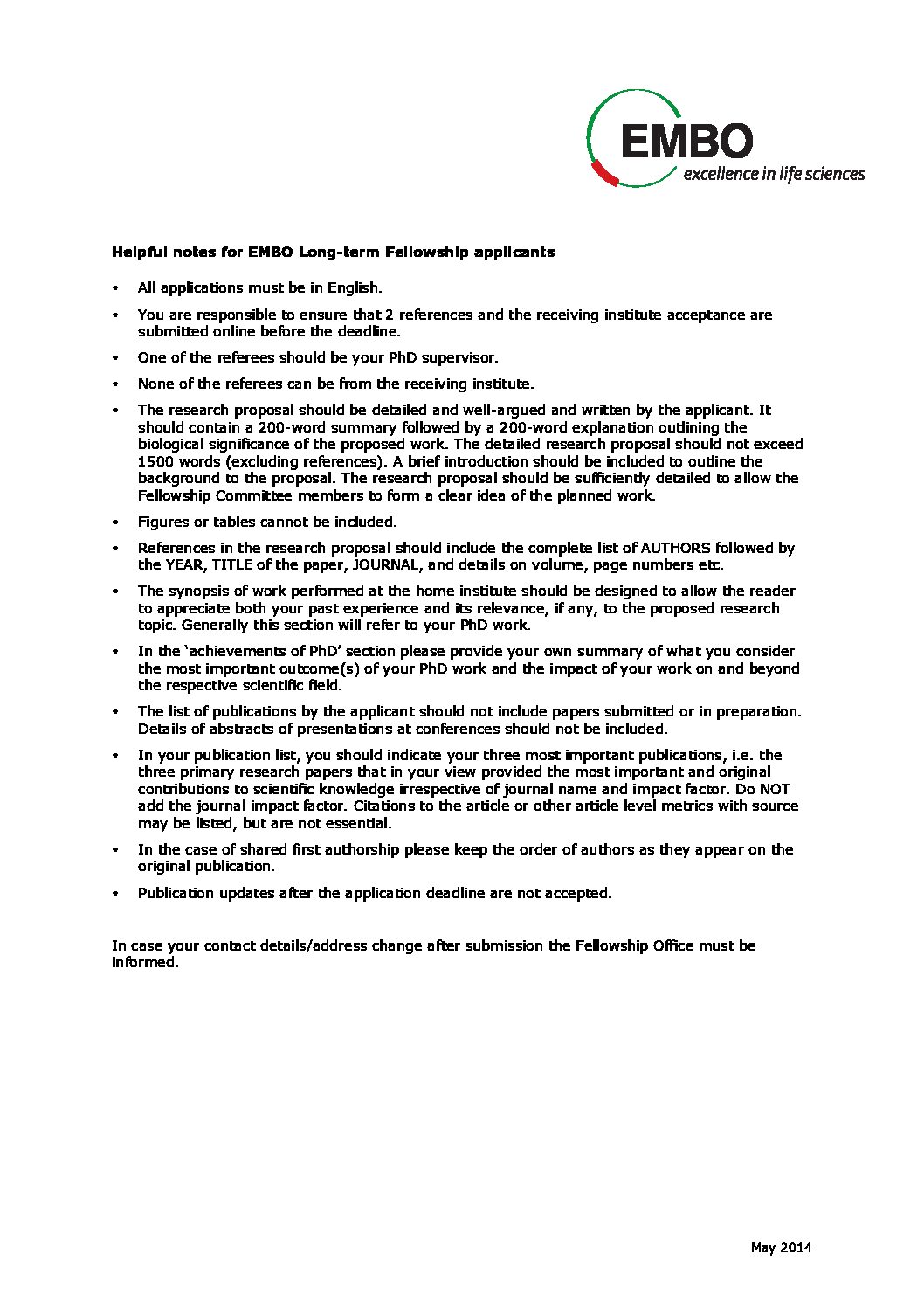
The application process for EMBO Long-Term Fellowships emphasizes the most important outcomes and impact of the applicant’s work rather than where it is published and specifically states that journal impact factors should not be provided.
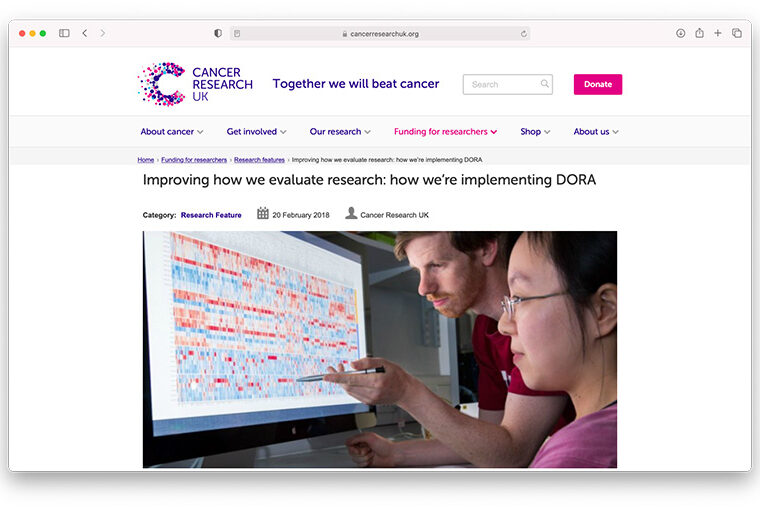
CRUK recognizes value from all outputs of research, including publications. CRUK has modified its grant application process to ask candidates to describe the significance and impact of 3-5 key research achievements, which can include preprints, training delivered, contribution to consortia, patents, and sharing of key datasets, software, novel assays and reagents, and research publications.

The cover letter plays a significant role in the initial assessment of candidates for assistant faculty positions in the Department of Cell Biology at UT Southwestern Medical Center and is used to reduce some of the biases associated with CVs, such as research pedigree or whether candidates have published in brand name journals.
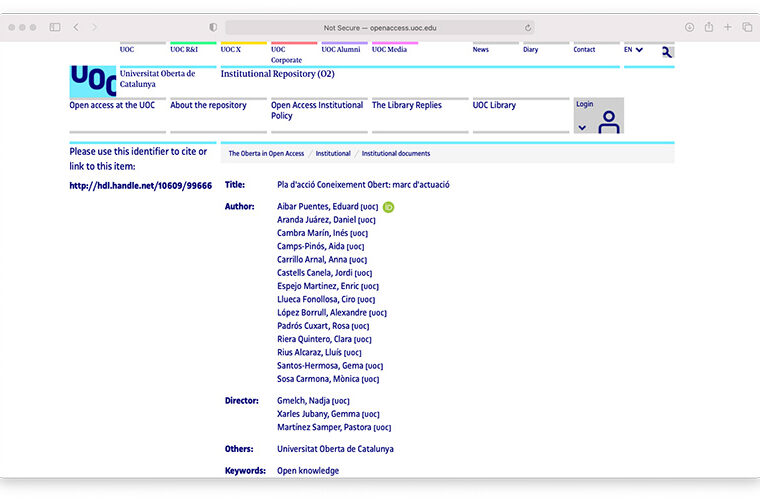
The Universitat Oberta de Catalunya (UOC) signed DORA in December 2018 as a fundamental element of its Open Knowledge Action Plan.
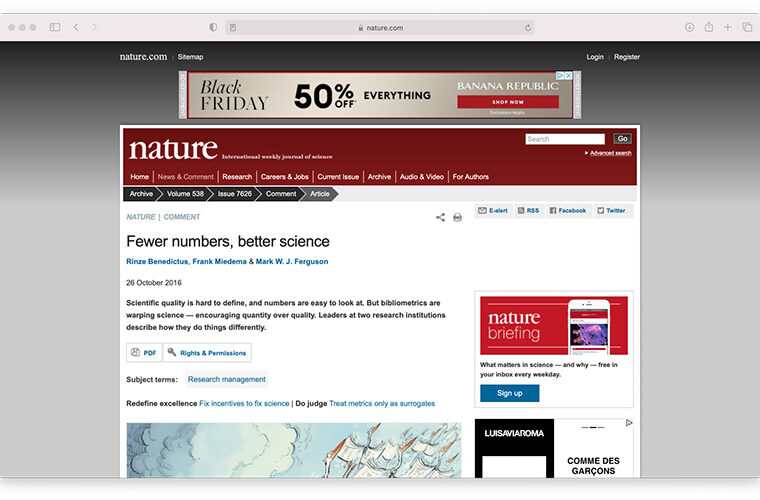
In order to create a culture around research assessment that is free from metrics including Journal Impact Factor, the university held a series of meetings to facilitate discussions with researchers on the best ways to create change.
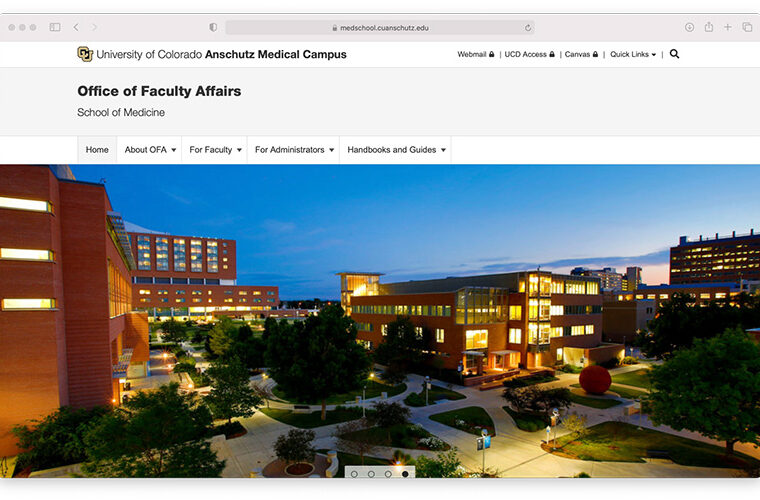
The Faculty Promotions Committee at the School of Medicine advises candidates against using journal-based metrics in their promotion or tenure dossiers, as these metrics do not accurately capture the significance of specific research contributions.